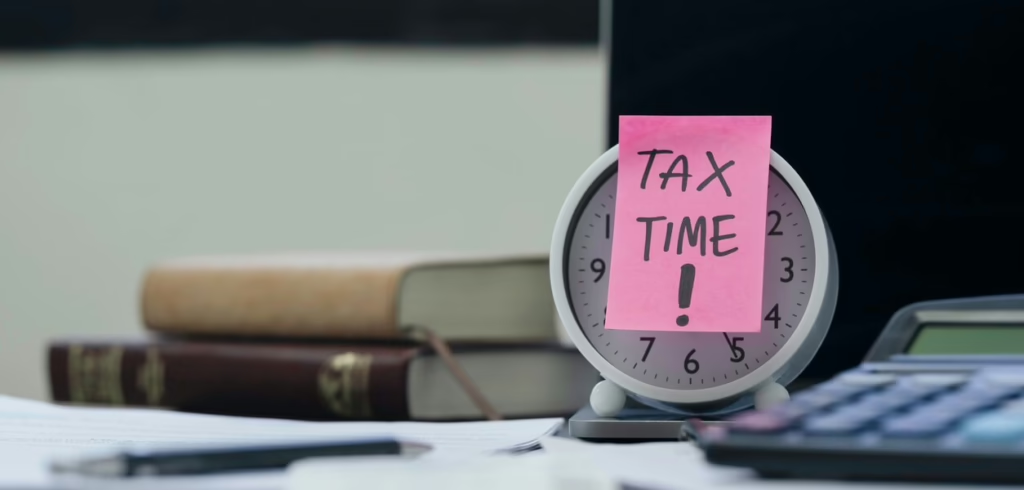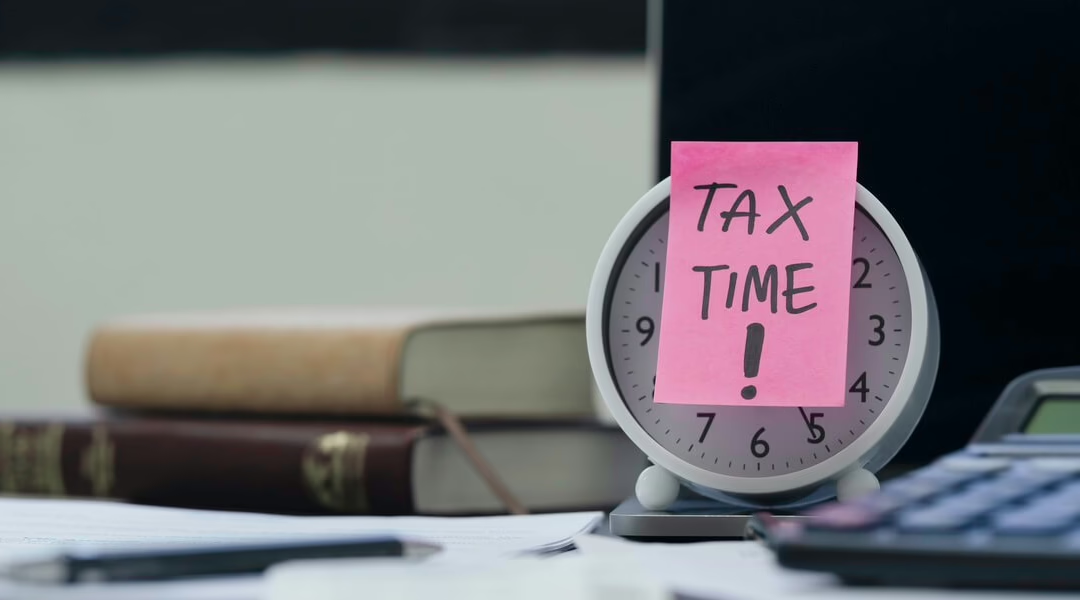
Navigating tax obligations can be tricky, especially for retirees relying on the Age Pension. While many assume they’re exempt from lodging tax returns, certain situations may require action. This article highlights real questions asked by our members – and the practical answers that help avoid surprises.
Is the Age Pension taxable?
Yes, the Age Pension counts as taxable income. However, if it’s your only source of income and no tax has been withheld from it, you generally don’t need to lodge a return.
Most retirees avoid paying tax because their total income falls under the tax-free threshold—especially when the Seniors and Pensioners Tax Offset (SAPTO) is applied.
What is SAPTO?
SAPTO reduces the amount of income tax some older Australians pay. It increases the effective tax-free threshold, meaning eligible seniors can earn more before paying tax. The offset amount depends on your income, relationship status and eligibility for the Age Pension
2024-25 effective tax free thresholds with SAPTO:
- $32,279 for singles
- $28,974 each for couples
- $31,279 each for each partner of an illness separated couple
If your taxable income stays below those levels, you generally won’t need to lodge a tax return.
When are you required to lodge a tax return?
You’ll likely need to lodge if:
- Your total taxable income (including the Age Pension) exceeds your effective tax-free threshold.
- You’ve made a capital gain or want to claim a capital loss from previous years
- Tax has been withheld from any of your income (and you may be eligible for a refund).
The easiest way to check your obligation to lodge is to use the ATO’s tool: How to work out if you need to lodge a tax return.
Russell questions the need to lodge
Let’s take the example of Russell. He and his wife have $12,000 in unused capital losses and a small share portfolio. He asked:
‘Do I need to keep lodging tax returns just to maintain my capital loss, even though my income is under the threshold?’
The answer hinges on when Russell plans to use those losses. You only need to lodge a return in the year you want to claim a loss—say, if you’ve made a capital gain and want to offset it. If you don’t plan to sell anything this year, you may not need to lodge.
What if you don’t need to lodge?
If your income remains under the threshold and you’re not claiming any offsets or deductions, you can skip lodging. Still, it’s good to let the ATO know by submitting a Non-lodgment advice form. This helps keep your records current and avoids unnecessary letters asking why you haven’t lodged.
Combining Age Pension and employment income
Working in retirement can be rewarding – but it also brings tax considerations.
Tax isn’t automatically withheld from Age Pension payments. If you anticipate that your total assessable income, including your employment income, will exceed the tax-free threshold, you can request voluntary tax withholding from your pension payments. This proactive step can help prevent unexpected tax bills at the end of the financial year.
Fatima’s tax bill surprise
Fatima receives a part-Age Pension and does casual work throughout the year. One year, she earned $7,000 from short-term contracts. When combined with her Age Pension payments, her annual assessable income just edged over the tax-free threshold. Because she hadn’t arranged for tax to be withheld from her fortnightly Age Pension payments, she was surprised to receive a tax bill. She asked us why.
To avoid that happening again, she contacted Centrelink and requested that tax be withheld from her Age Pension payments. It’s a useful option for anyone with ongoing fluctuating income, as it spreads the tax load throughout the year and can prevent surprises at tax time.
Lump sum withdrawals from superannuation: taxable or tax-free?
Accessing your superannuation as a lump sum can have different tax implications based upon your age and the components of your super fund:
- Aged 60 or over: If you withdraw from a taxed super fund, lump sum payments are generally tax-free.
- Under age 60: Withdrawals may be taxed. The taxable portion is subject to tax at either 17% (including the Medicare levy) for amounts up to the low-rate cap ($245,000 for 2024–25) or your marginal tax rate for amounts exceeding this threshold.
It’s important to note that if your super includes an untaxed component, such as from certain public sector funds, different tax rates may apply regardless of your age.
Capital gains and your Age Pension
If you sell an investment property, any capital gains are included in your taxable income for the year. The sale proceeds—once they’re in your bank account or reinvested—will become counted in the assets test for the Age Pension and deemed to earn income for the income test.
If you’re under age 67, or between 67 and 75 and meet the work test, it might be worth looking into whether you can offset some of this gain by making a concessional contribution. These are taxed at 15%, which could be lower than your marginal tax rate.
Tax implications of Defined Benefit Pensions
Defined Benefit Pensions, which are often associated with public sector employment, have unique tax considerations:
- Tax-free threshold: For retirees aged 60 and over, income from defined benefit pensions is generally tax-free up to the defined benefit income cap, which is $118,750 per annum for the 2024–25 financial year.
- Exceeding the cap: If your defined benefit income exceeds this cap, the excess amount may be subject to tax, and you may not be eligible for certain tax offsets on the excess portion.
These arrangements can be complex, and the tax treatment may depend upon the way that your specific scheme is structured. It’s important to understand how your defined benefit income interacts with your other retirement income sources, especially if you’re also receiving the Age Pension.
Final thoughts
You may not need to lodge a tax return every year, but a quick review of your income and any gains, losses, or tax withheld can help you stay on track.
The need for clarity on how your income affects your Age Pension
The Retirement Essentials team speaks with hundreds of Australians each year about how work, super, investments and Age Pension payments interact. If you’re unsure how tax affects your retirement income—especially when it comes to part-time work or capital gains—it may be worth booking an Age Pension Consultation. This can help you to feel much more confident as you head into the new financial year.
Let’s talk…
Have you had a surprise tax bill in retirement?
How do you stay on top of your employment income and Age Pension during the year?






Also if you have money invested in shares from which you receive a franked dividend, you will need to lodge a tax return to claim your franking credit.
No quiet true, I normally receive advice from the taxation office that I do not need to lodge a return as they know my franked dividend and a franking credit will be lodged with my bank.
This is the first financial year for me as a retired person.
My income has been made up of a Part Age Pension (16,500) and payments to me from my Account Based Pension (25,000).
Can you tell me if, generally, payments from an Account Based Pension contribute toward my Taxable Income?
If it is, I am hoping that a combination of the 18,200 tax free threshold, SAPTO, Low Income Earner Offset and a Spouse Contribution Offset will reduce my tax payable to Nil.
Hi Jack, the ATO are governed by Tax Law (versus Centrelink being governed by Social Security Law) so the way they assess things is often different. We recommend speaking with an accountant or tax agent to get clarity around tax implications.
I am enquiring on behalf of a friend who is currently on the Age pension. He wants to sell his home which is his principal place of residence.
Will he be liable for any tax if the property sells over and above the means test limit
Hi Trevor, your friend would be best to speak with a tax agent about possible implications with the ATO. Centrelink do not apply any fees for selling your home but the ATO are governed by Tax Law which is separate.